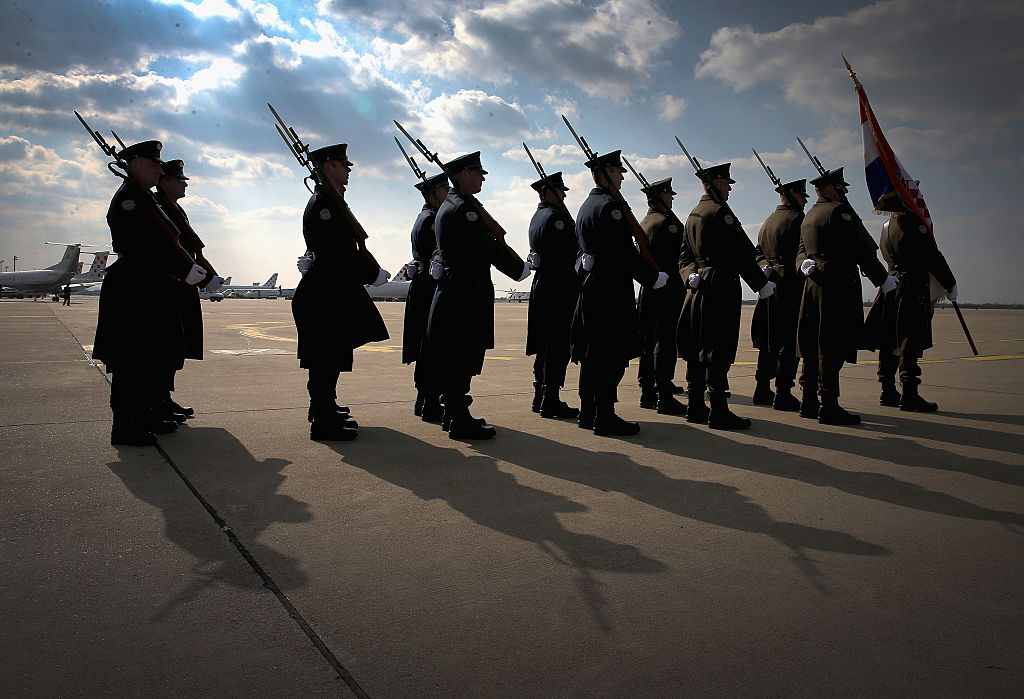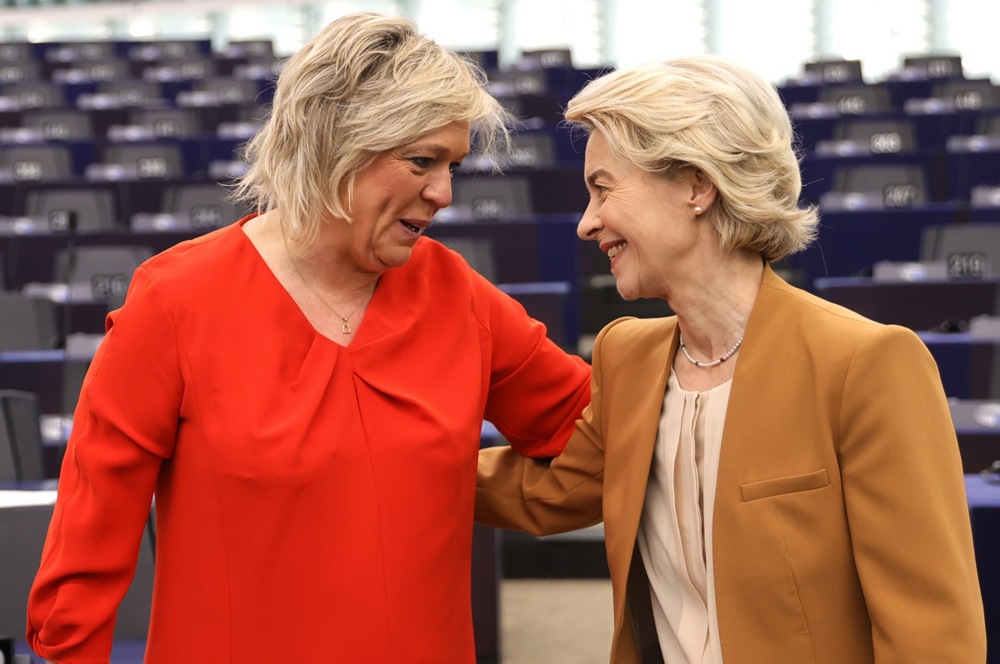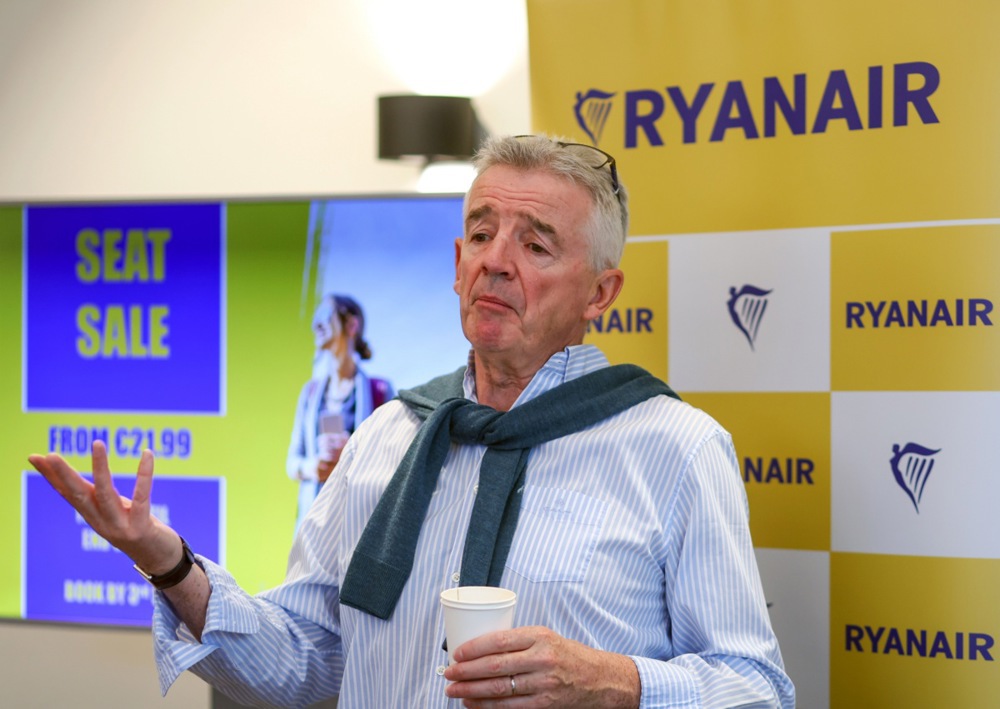Mandatory Arabic lessons have been brought in for students at a college in Belgium, spurring opposition on social media.
Senior modern language high-school pupils are to be taught the language at Heilige-Drievuldigheidscollege (Holy Trinity College Preparatory School) in the Belgian city of Leuven.
According to the college, the addition of Arabic will serve to “intellectually challenge” new students.
Frank Baeyens, director of Heilige-Drievuldigheidscollege, said many schools now opted to give an extra hour of maths tuition to language students because they often lag behind but added that his school had chosen for a different approach.
“Our aim was not to coddle our students, but to intellectually challenge them with a language that doesn’t belong to the Indo-European family,” Baeyens said.
Opponents have claimed the move was the result of mass migration and possibly the Islamisation of schools.
Belgian education has declined in recent years, with Flemish education having slid backwards in the international Pisa rankings both in language and maths skills.
Social media commentators noted there were many variances and dialects in Arabic and claimed that the decision was a political one. Some felt learning a language such as Chinese would make more sense, especially in economic, scientific and cultural terms.
Politicians from right-wing party Vlaams Belang (Flemish Interest), which opposes mass migration, have also spoken out: “Arabic mandatory in school because it’s ‘socially useful’?” party president Tom Van Grieken said.
“A solid knowledge of Dutch and quality basic maths is socially useful. Arabic is not. Stop the self-hatred in our education system!” he added.
Belgian newspaper Het Nieuwsblad reported that the college students will be taught six languages: Dutch, French, English, Spanish, German and now Arabic.
That was made possible after a reform allowing schools to provide the teaching of a wider range of languages and fewer other subjects, such as economy, sciences or maths.
Regarding his college’s decision, Baeyens said: “We wanted to show them that a language can be structured in a completely different way, with a distinct writing system and characters. The goal isn’t for them to become fluent in Arabic. Rather, it’s a philosophical and cultural exploration of language — an exercise in broadening their horizons.
“We also considered other languages, but chose one that we felt was most socially relevant.”
According to the principal, that showed his school was “open for everyone.”
In addition, he told Het Nieuwsblad: “There’s a group of students at our school who have Arabic as their mother tongue. If we can manage to bring in a teacher with Arabic roots who can serve as a role model for these students, it would be an enormous asset.
“Students can then see themselves reflected in someone who has achieved a certain social position, who has pursued higher education and is content with their accomplishments.
“Today, there are too few teachers with a migration background.”
A week before the new school year starts, as of August 28, the school had not yet found an Arabic-language tutor and the job posting was still open, VRT NWS reported.
The Flemish Catholic Education Network said it was the first time a school had chosen to teach Arabic. In the past some schools had taught Korean and Swedish.
Lieven Buysse, a linguist, told Het Nieuwsblad he was supportive of the move, calling it an “interesting experiment”.
He added that he believed it would lead to a better understanding between students and empower those who already speak Arabic.
Brussels Signal reached out to the Flemish Ministry of Education but, at the time of writing, had not received a reply.
In most European countries, 15-year-old school pupils’ scholastic performance in mathematics, science, and reading has gone backwards, according to the latest results from the Programme for International Student Assessment. https://t.co/38UVgj4mbj
— Brussels Signal (@brusselssignal) December 5, 2023





